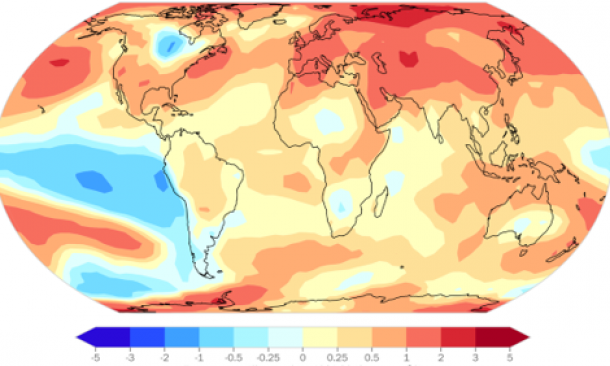
Climate change on track to make 2023 hottest year ever recorded
2023 is likely to become the hottest year ever recorded. According to the National Oceanic and Atmospheric Administration (NOAA), the global average temperature for January through March 2023 was 1.3 degrees Celsius (2.4 degrees Fahrenheit) above the 20th century average, making it the warmest January-March period on record.
The warm temperatures in 2023 are being driven by a number of factors, including:
- The ongoing La Niña climate pattern, which is typically associated with warmer-than-average temperatures in the Pacific Ocean.
- The continued release of greenhouse gases into the atmosphere from human activities, such as burning fossil fuels.
The warm temperatures in 2023 are a reminder of the serious threat that climate change poses to our planet. Climate change is already causing more extreme weather events, such as heat waves, droughts, floods, and wildfires. These events are causing widespread damage and displacement, and they are only going to become more frequent and severe as the planet continues to warm.
We need to take urgent action to reduce greenhouse gas emissions and mitigate the effects of climate change. We can do this by switching to clean energy sources, such as solar and wind power, and by improving energy efficiency in our homes and businesses. We also need to protect our forests, which absorb carbon dioxide from the atmosphere.
The future of our planet depends on our ability to act now. We must take bold steps to reduce greenhouse gas emissions and mitigate the effects of climate change. If we don’t, the consequences will be devastating.

